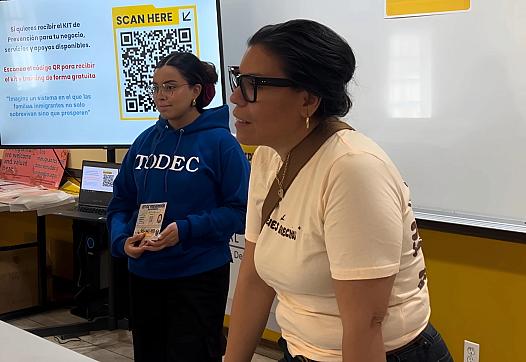
Latino families in Riverside County turn to workshops and healing circles to cope with trauma, stress, and stigma from immigration enforcement.

Latino families in Riverside County turn to workshops and healing circles to cope with trauma, stress, and stigma from immigration enforcement.
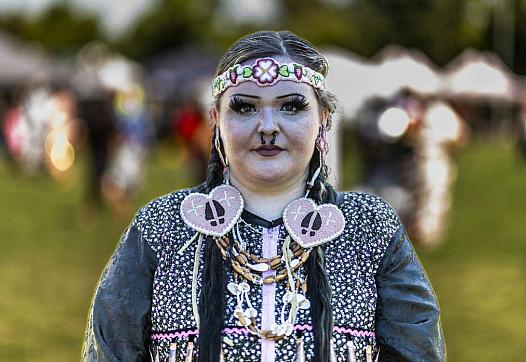
At a Sacramento powwow, Native youth use dancing and tradition as healing, reconnecting with culture to combat trauma, mental illness and disconnection.
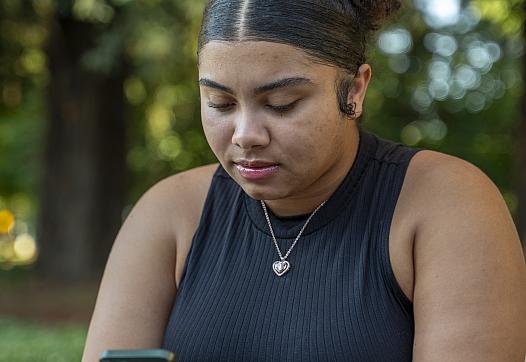
Two recent high school grads share their stressful high school experiences.
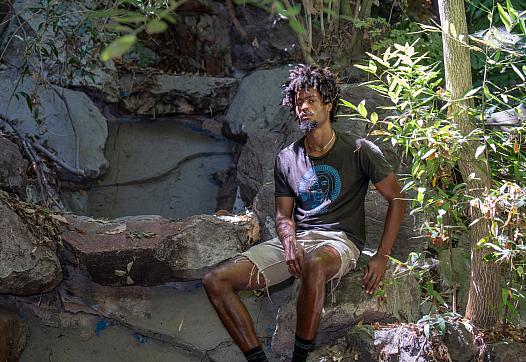
For many young people, peer support can be the first step to accessing effective mental health care.
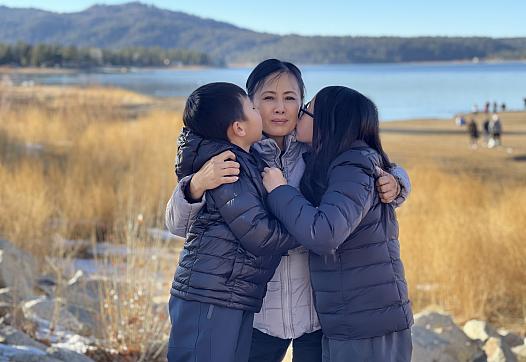
With much misinformation prevailing across immigrant communities about autism, Vietnamese parents raising children with Autism Spectrum Disorder face a number of significant challenges rooted in cultural beliefs, social stigma, and limited access to resources and services.
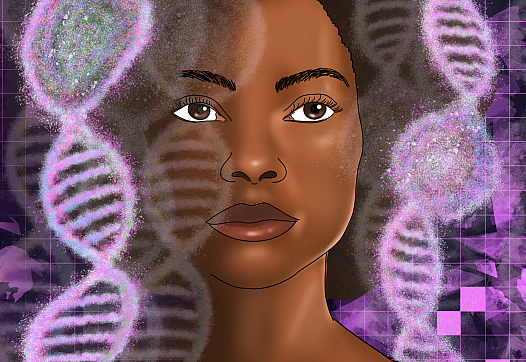
What if reactions during moments of stress have a deeper, underlying context that connects to past generational history of trauma and racism? Hosts of this podcast explore whether behavior patterns can be inherited, learned or culturally programmed. They explore the evolving social and scientific theories of intergenerational trauma, weathering, epigenetics and John Henryism to build an understanding of how racism can get under skins, be felt in bodies and affect overall health.
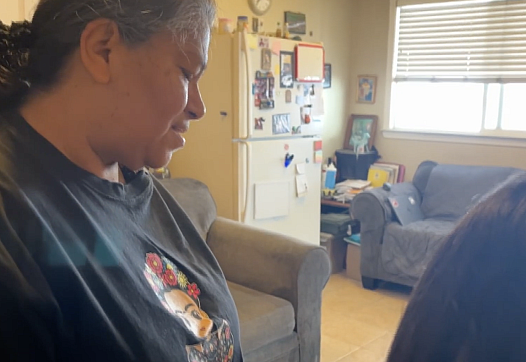
Maria Barrera and her fifteen year old daughter struggle to cope after Maria's husband is detained.
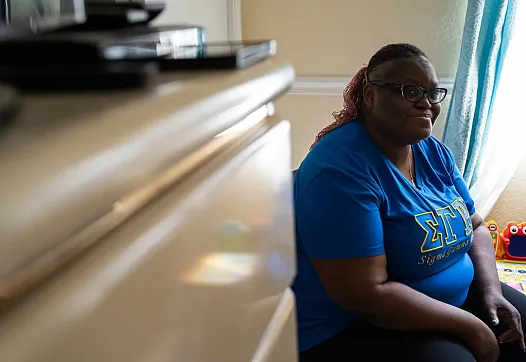
Black youth face systemic racism, trauma, and abuse in foster care. Advocates push reforms, kinship care, and support to break cycles and improve outcomes.
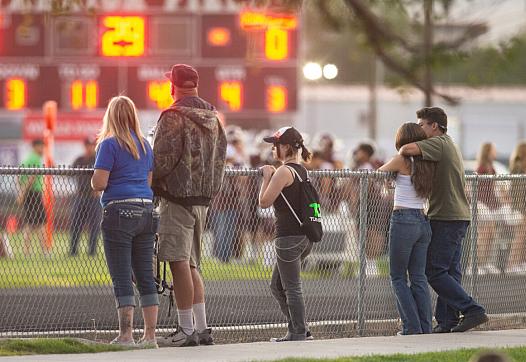
The conversations were emotional and difficult to hear. But parents wanted to share stories about who their children were and the unimaginable loss they experienced, writes reporter Tabitha Mueller.